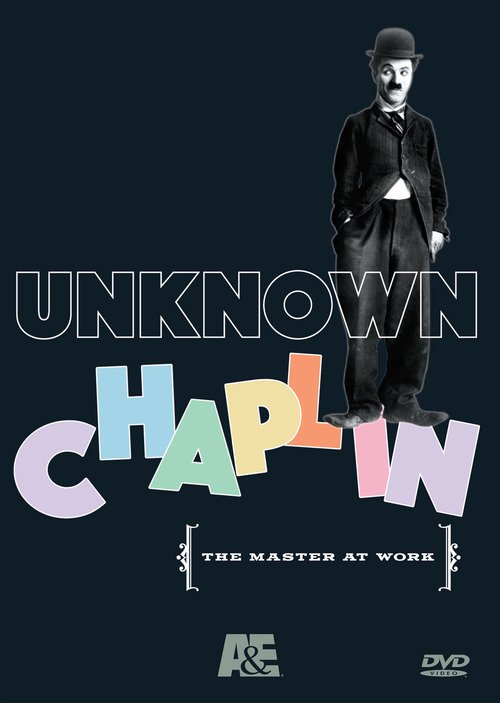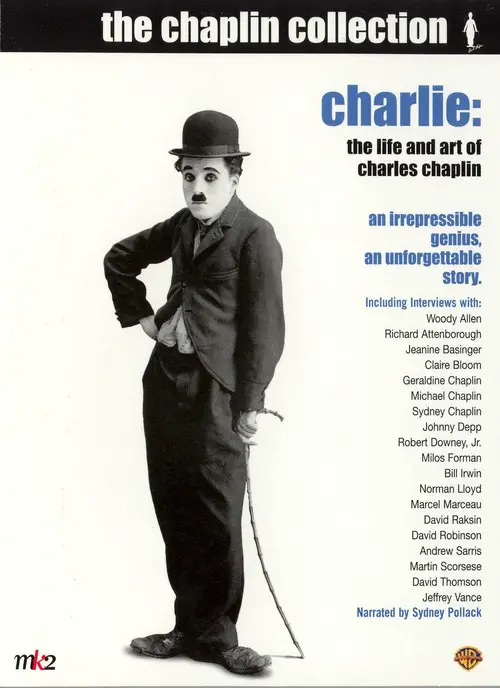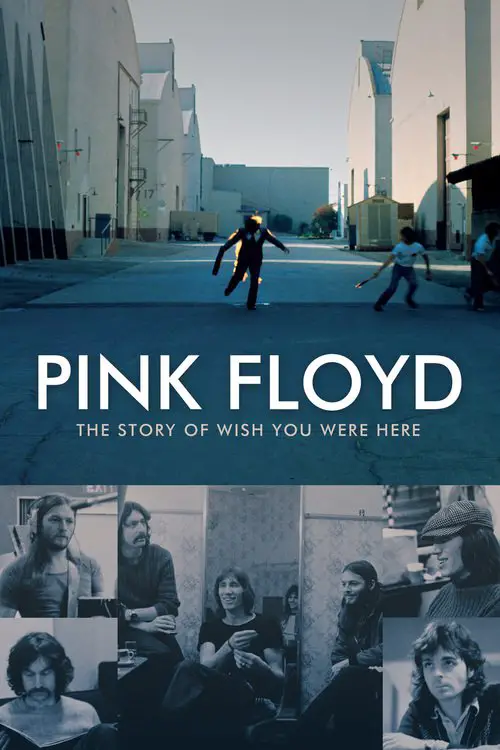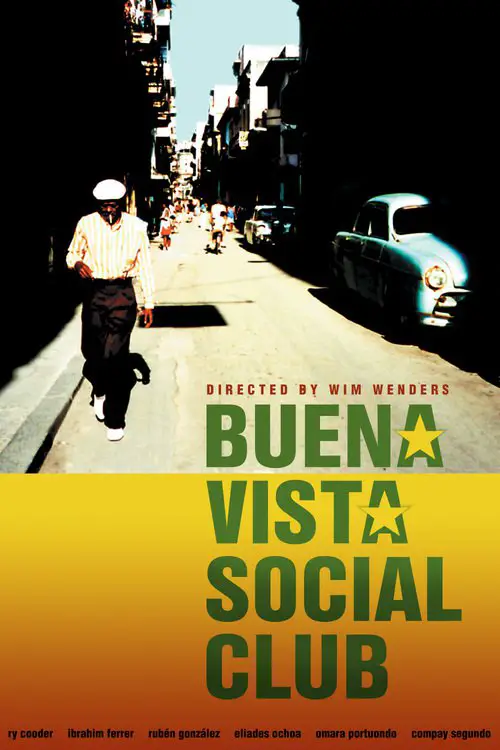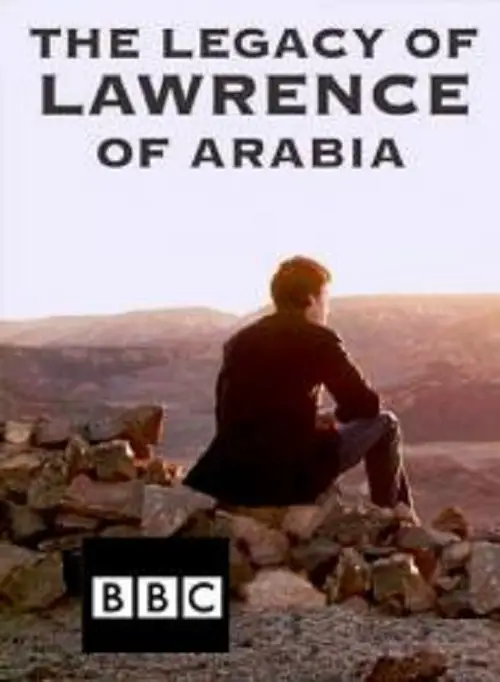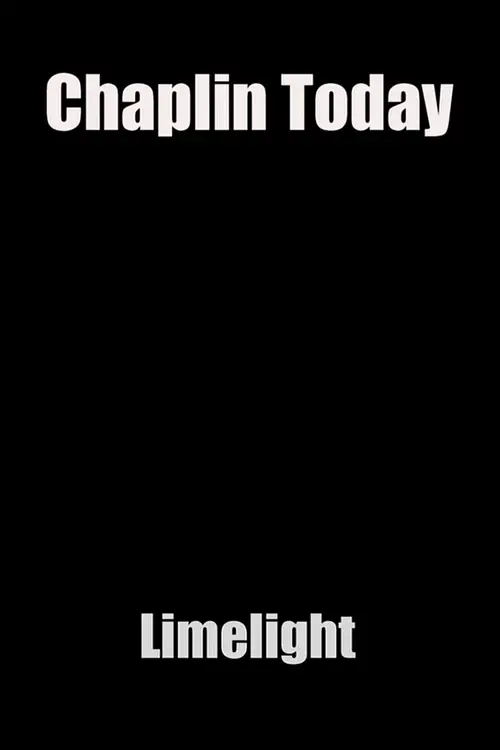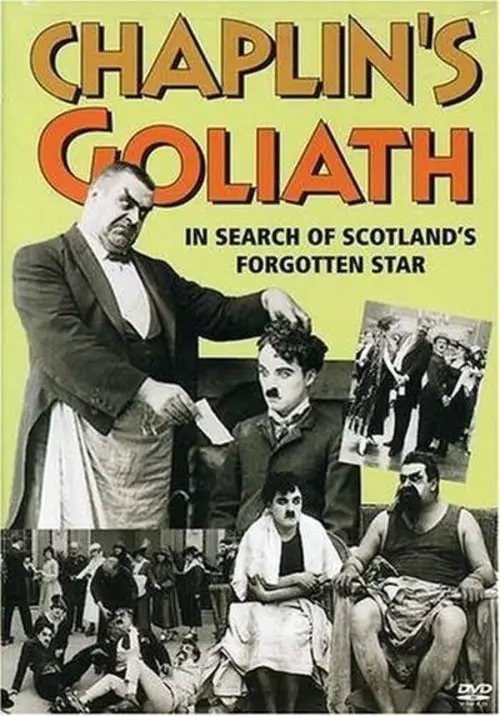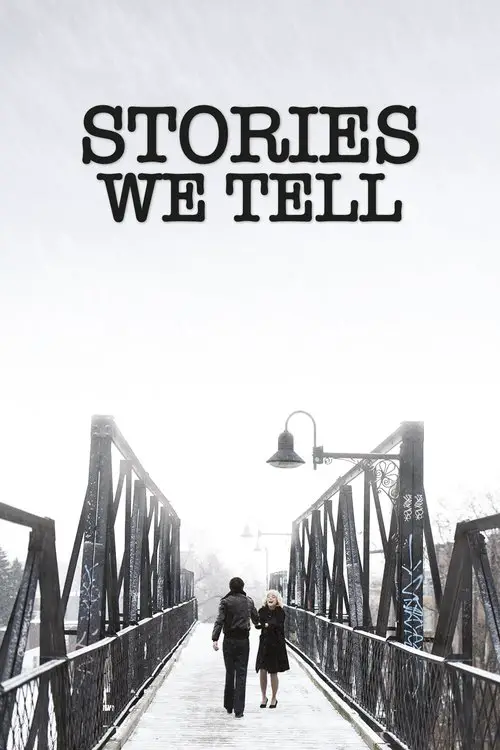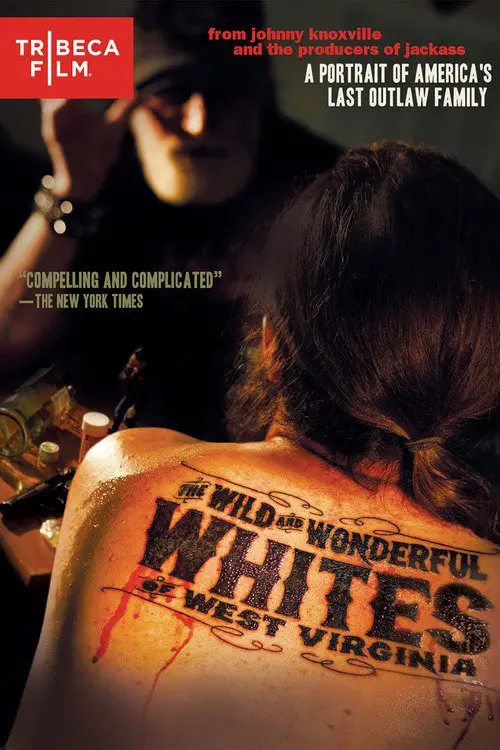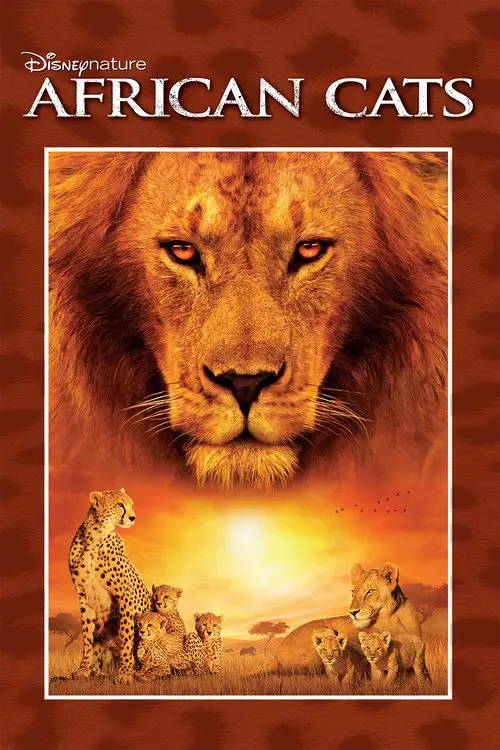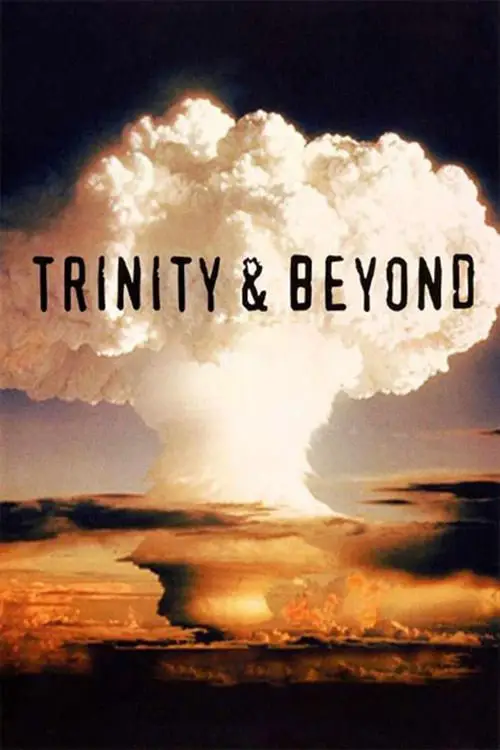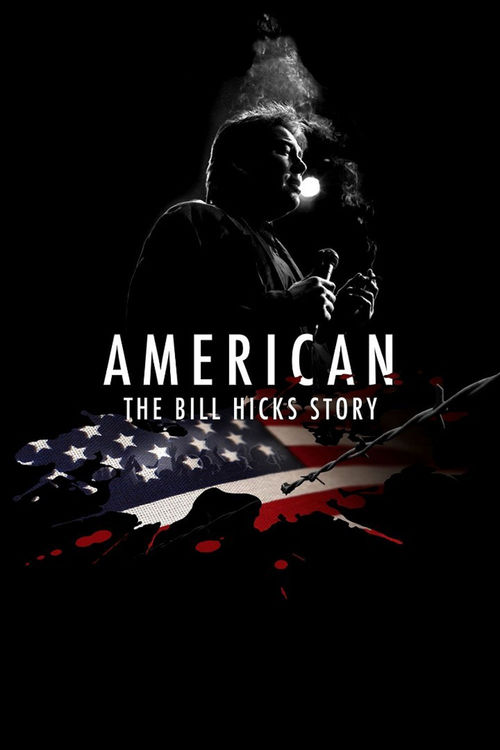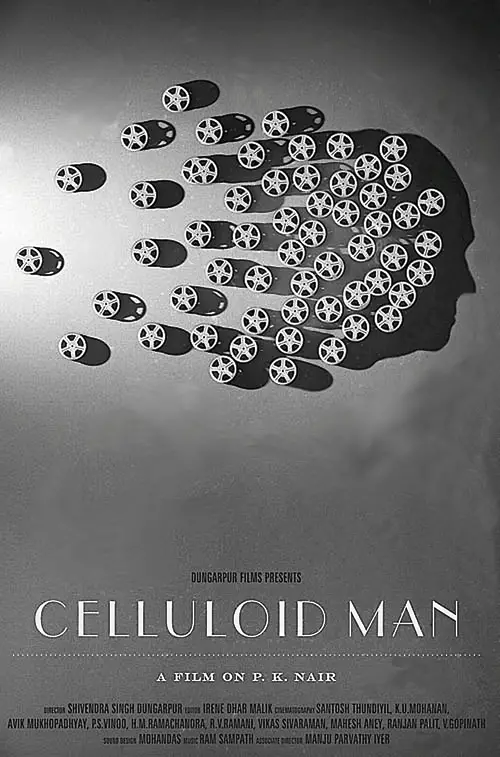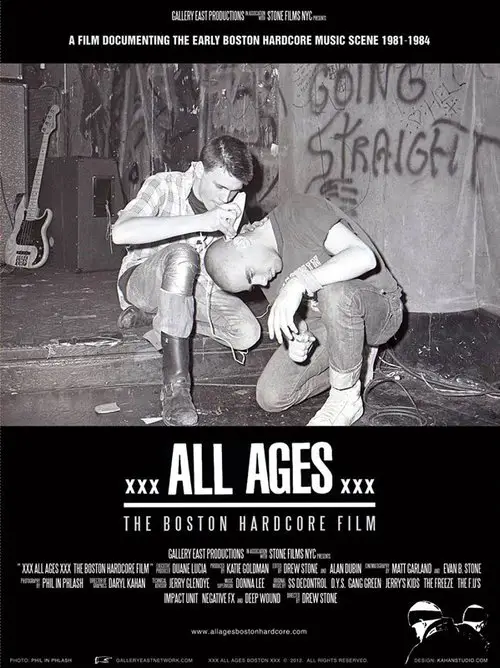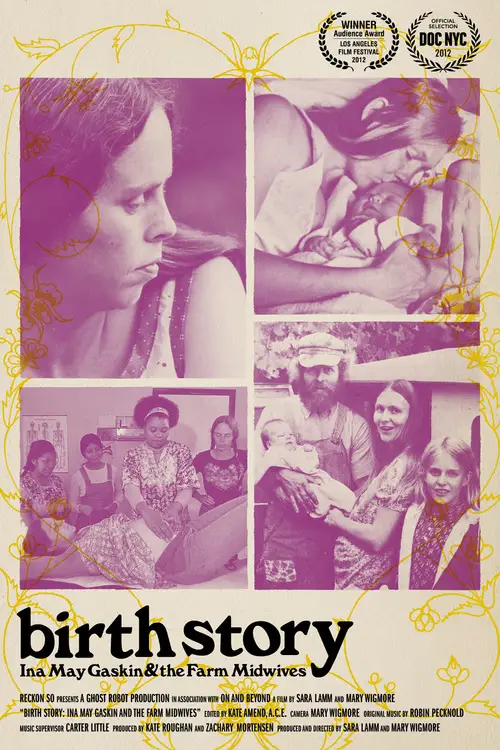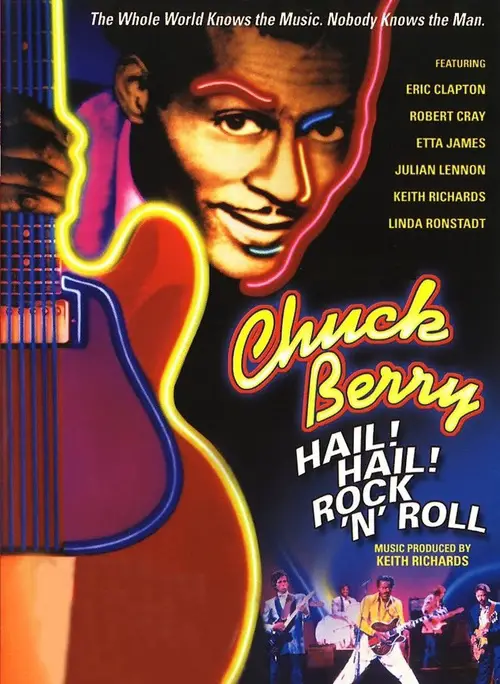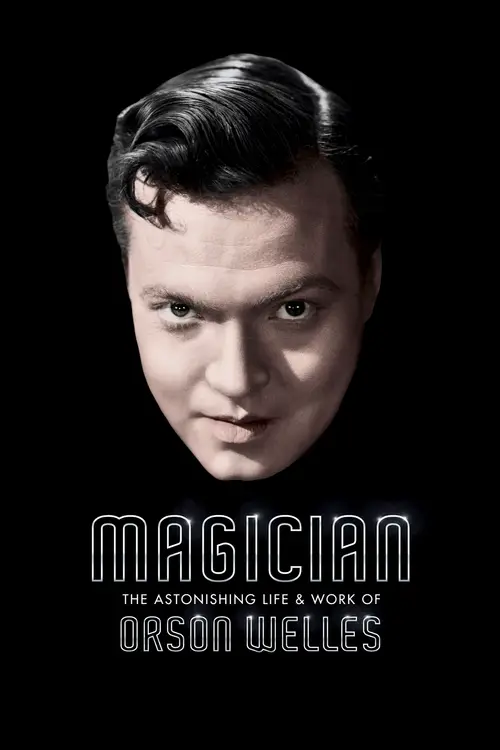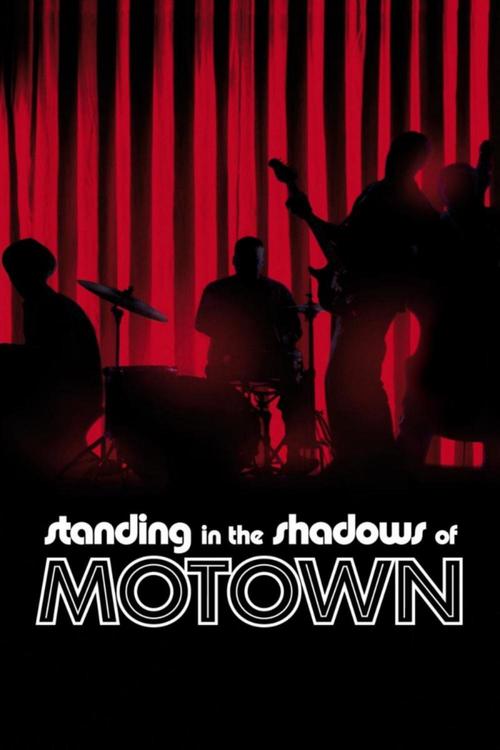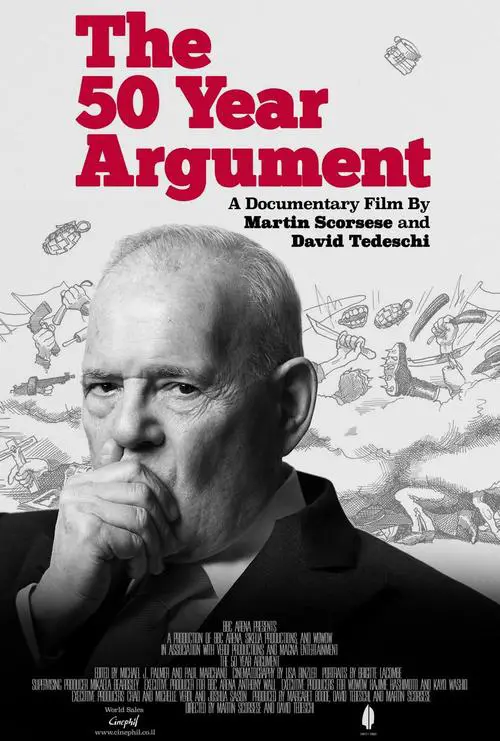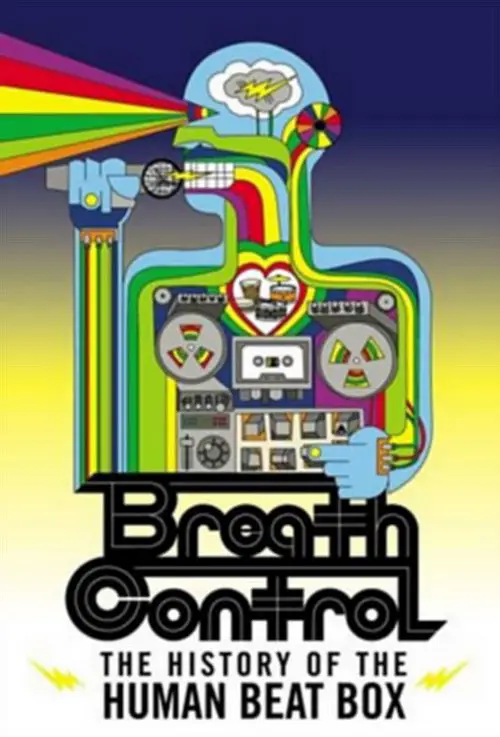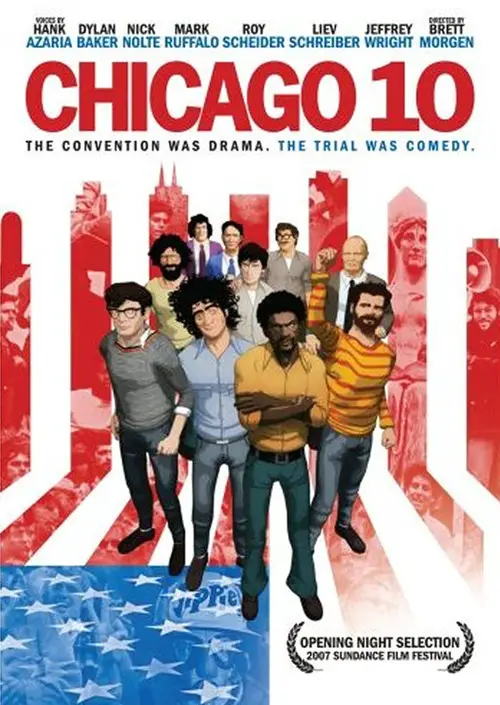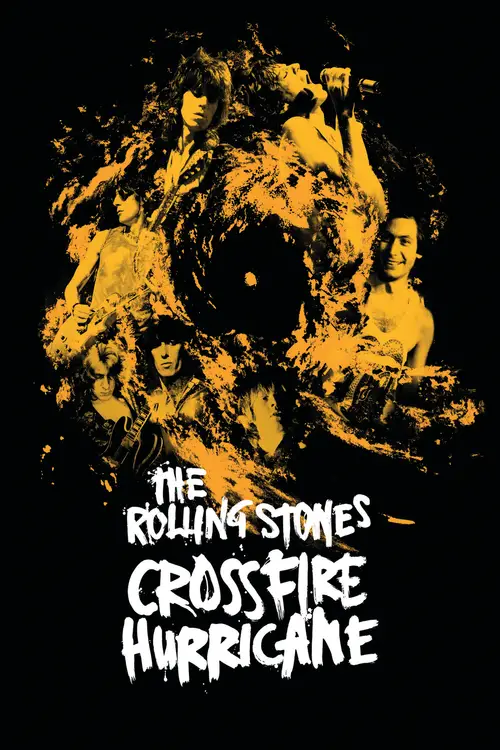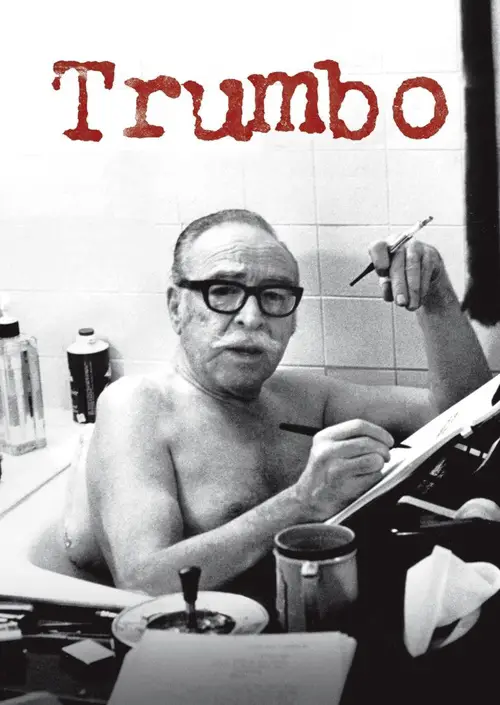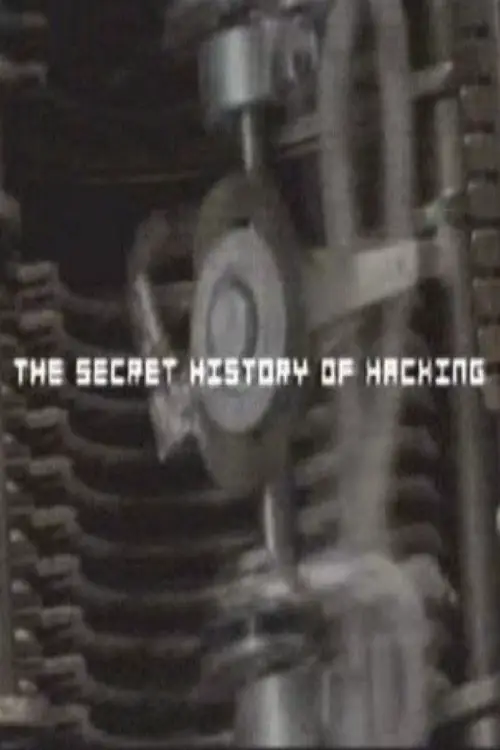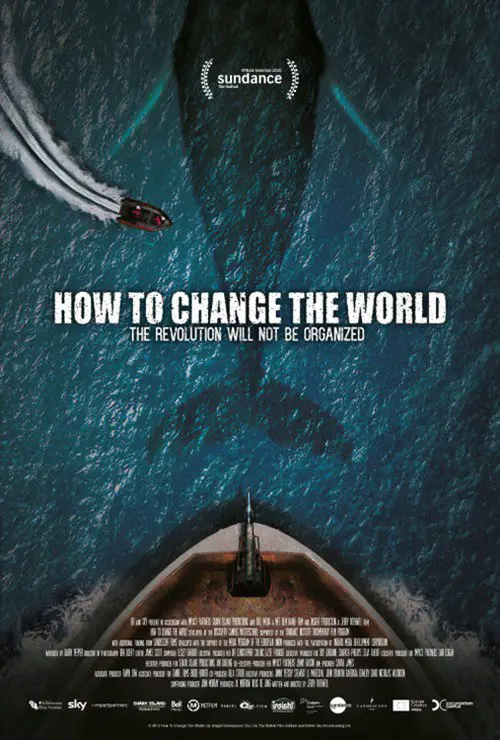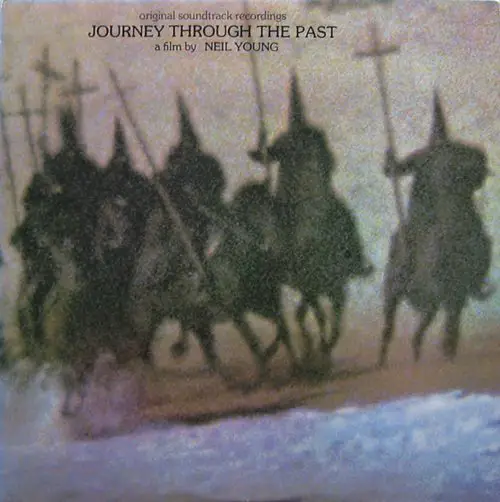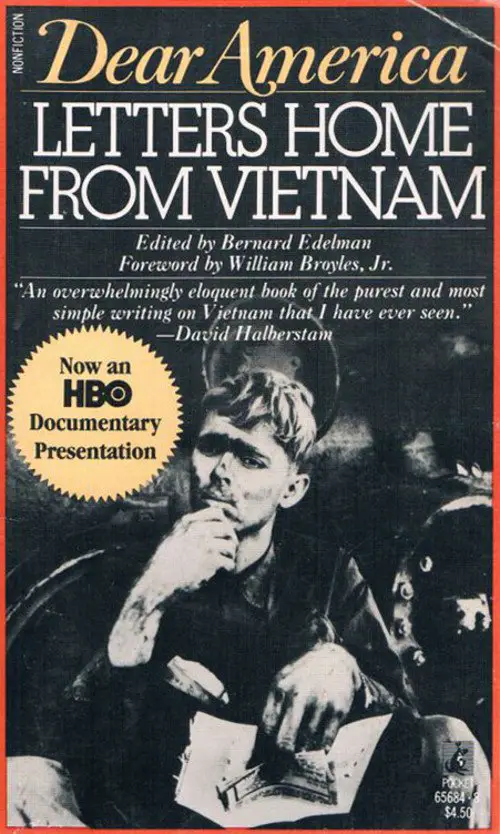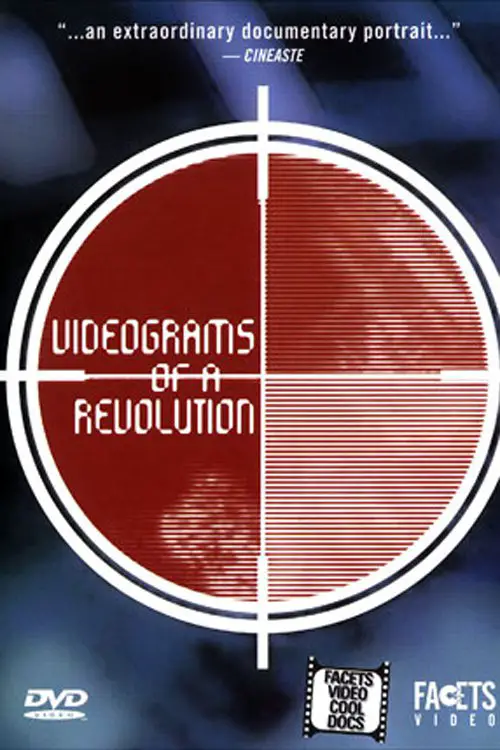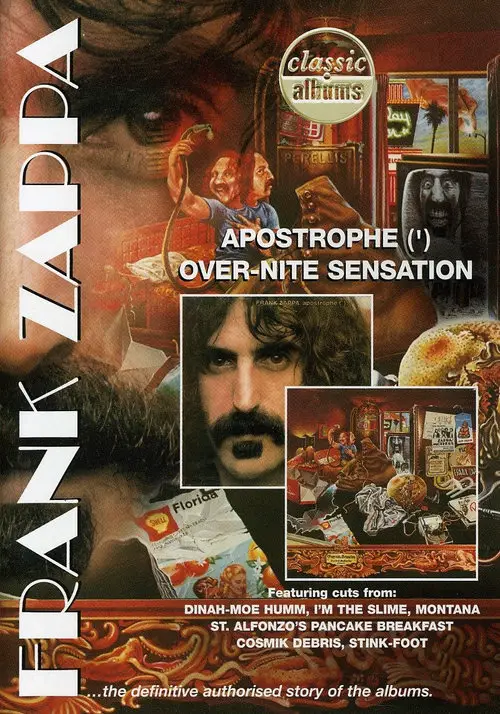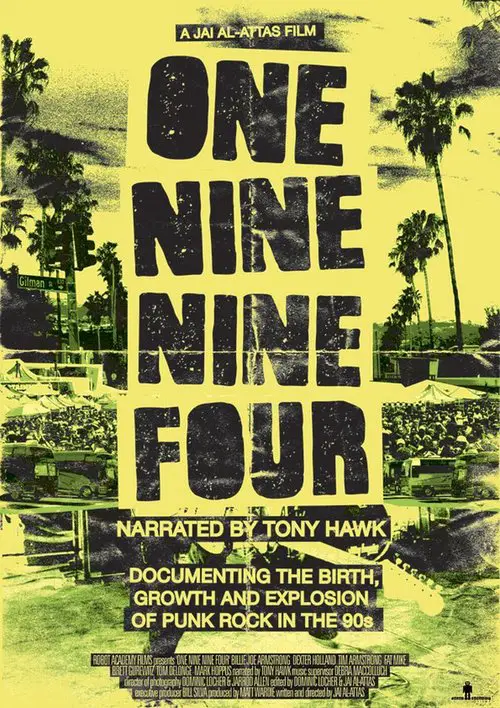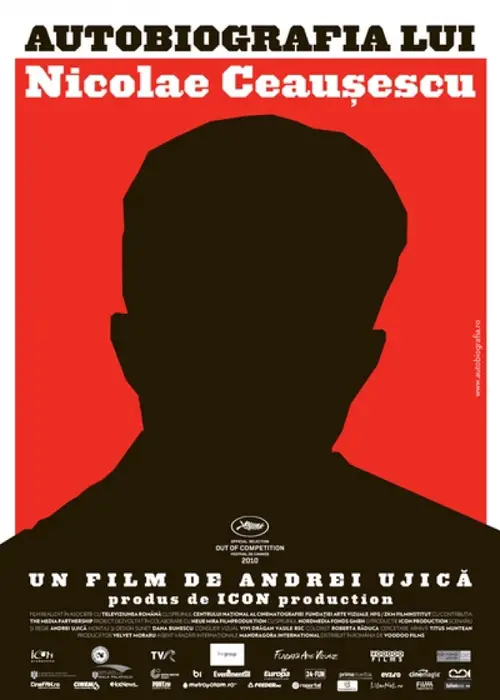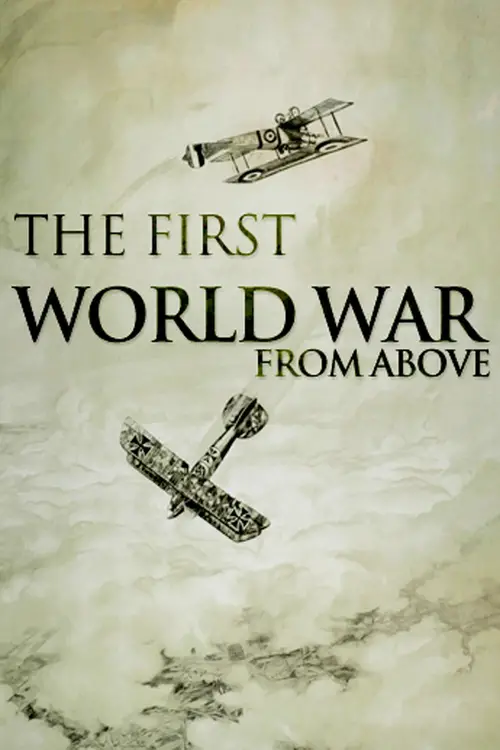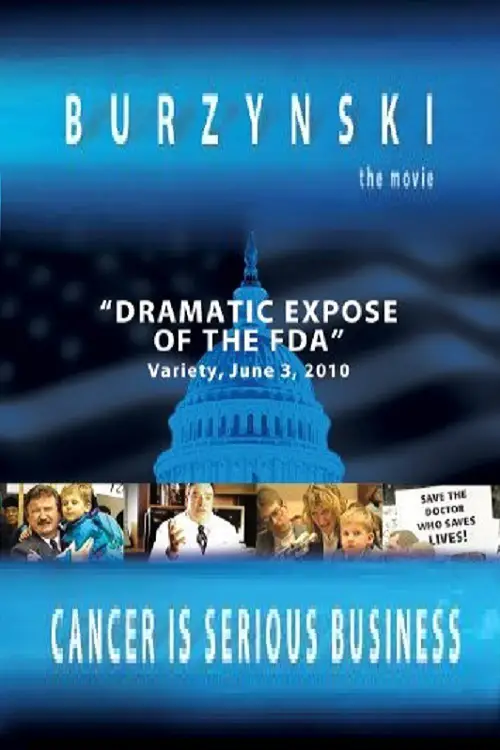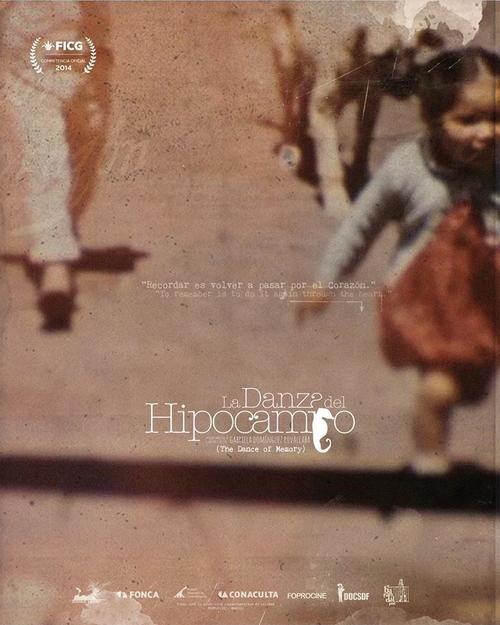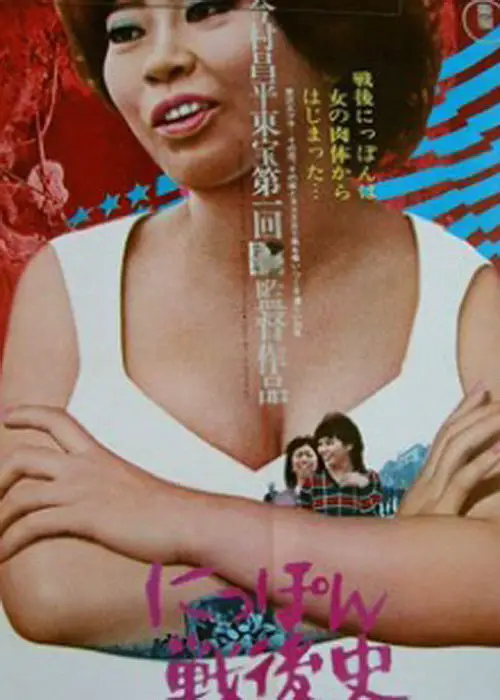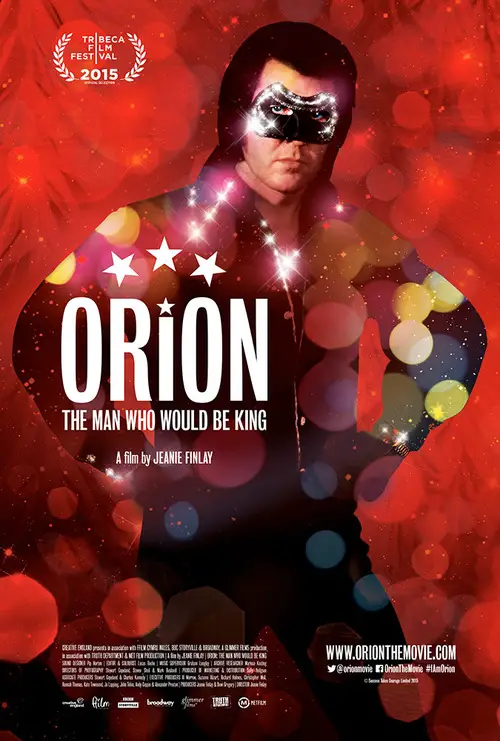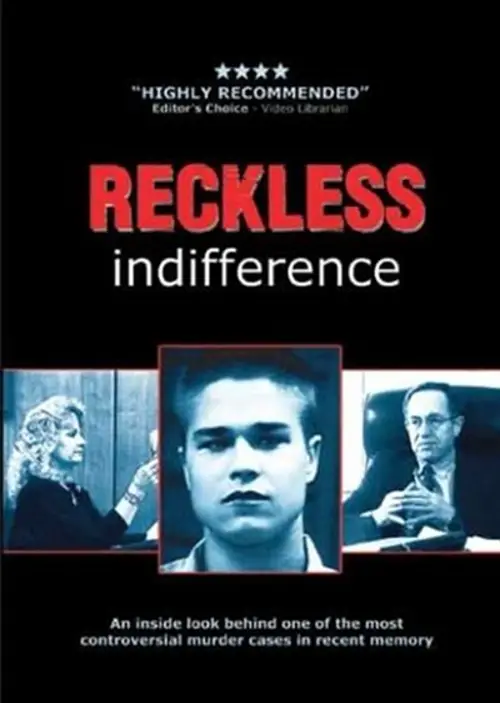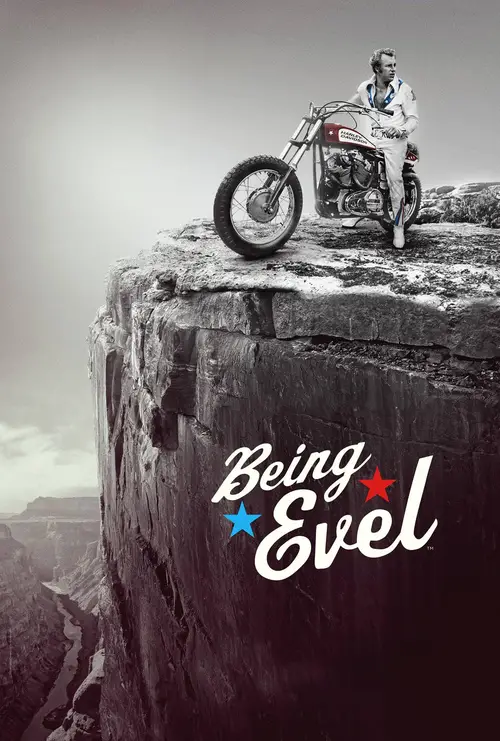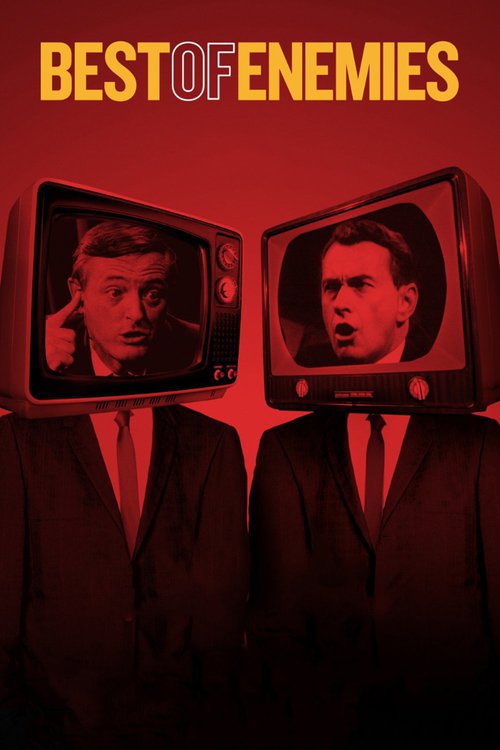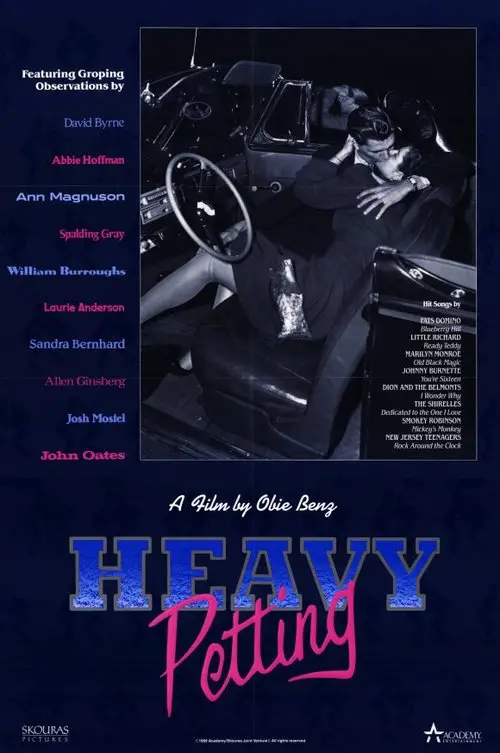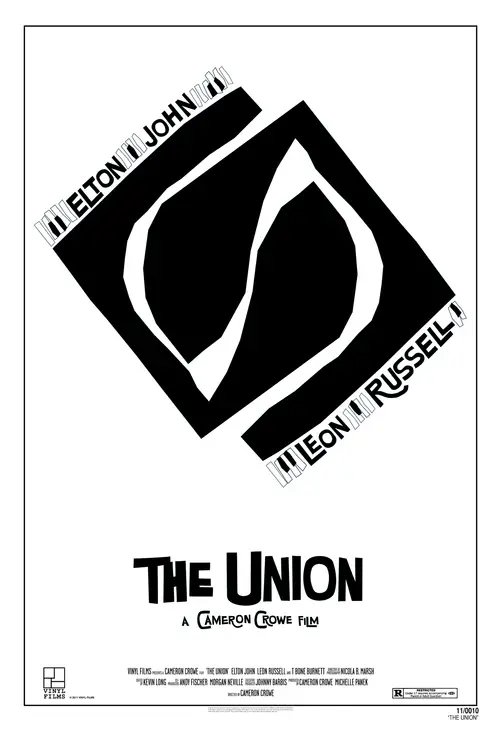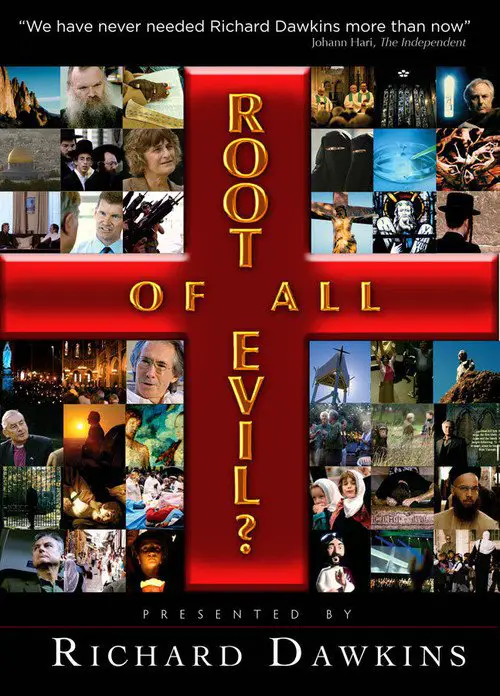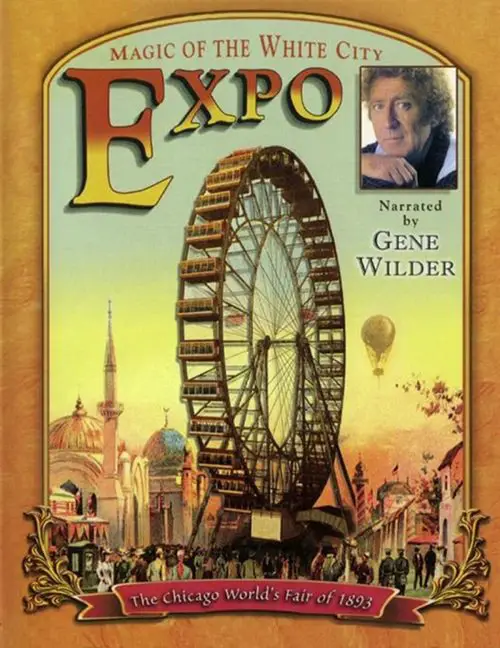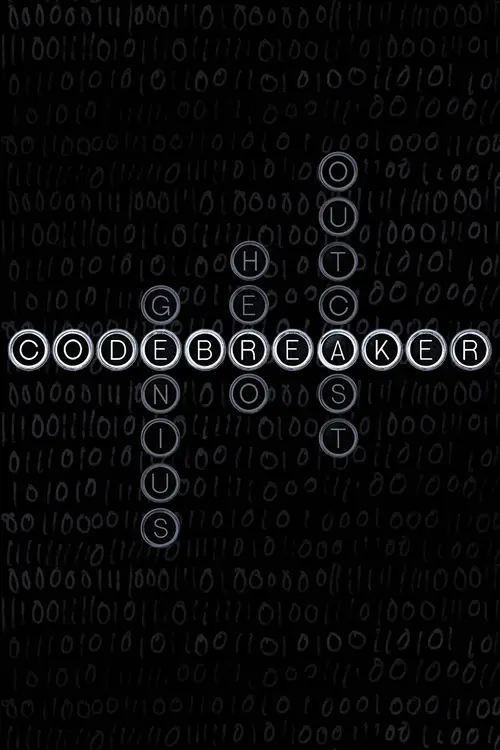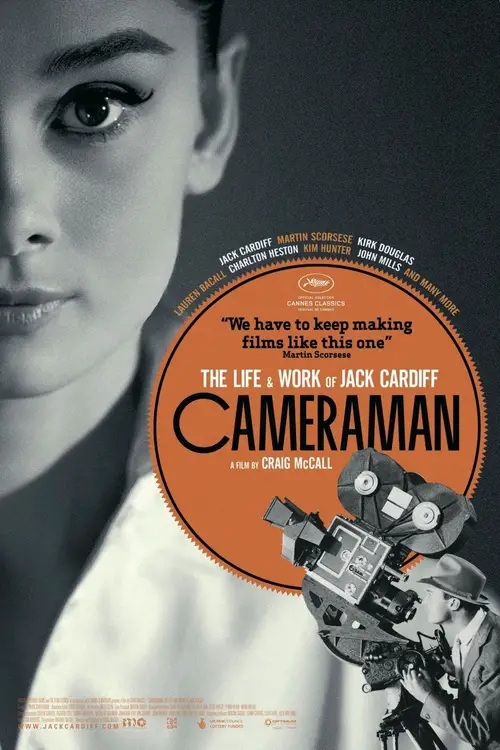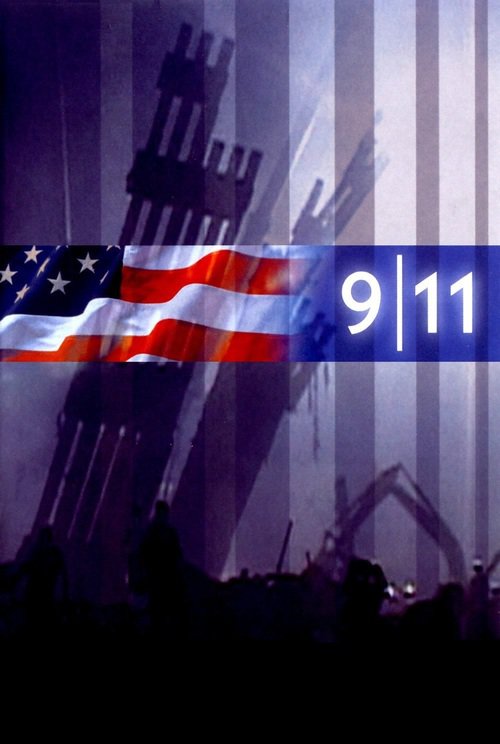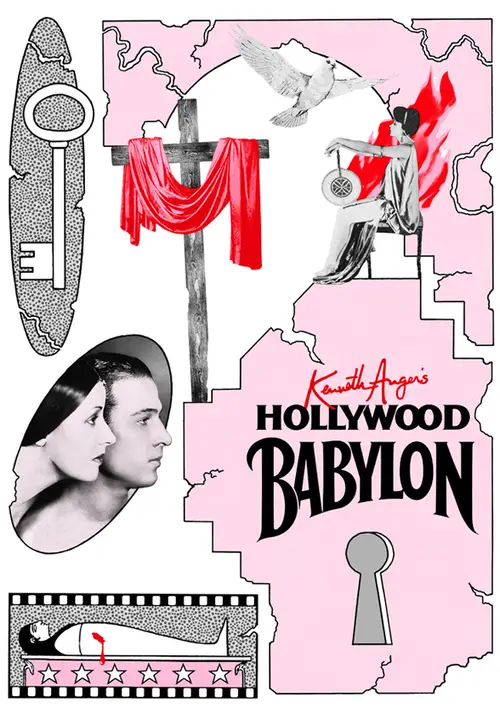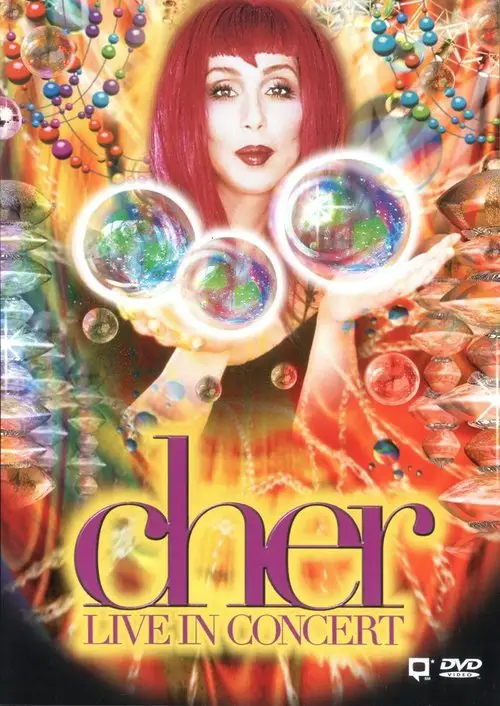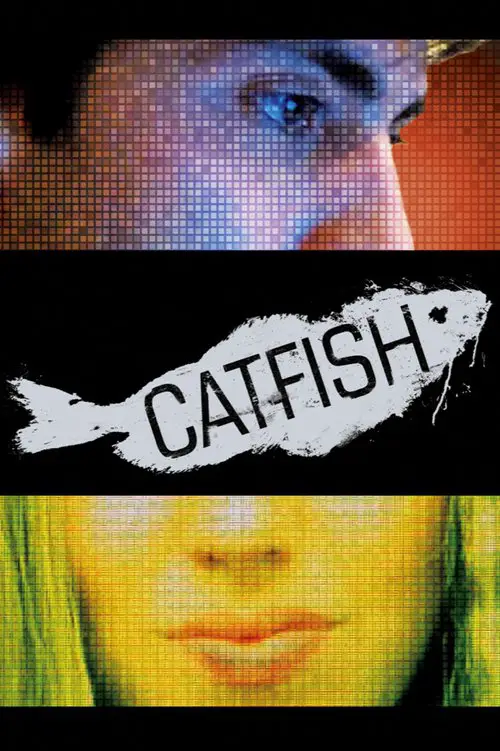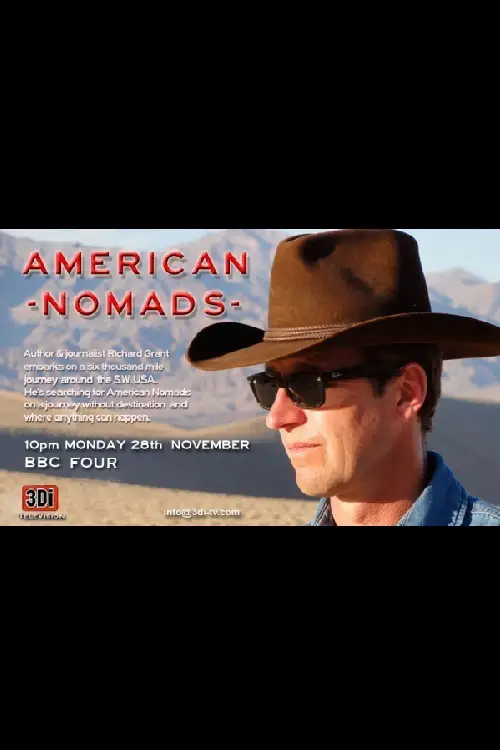Charlie Chaplin: The Forgotten Years (2003)
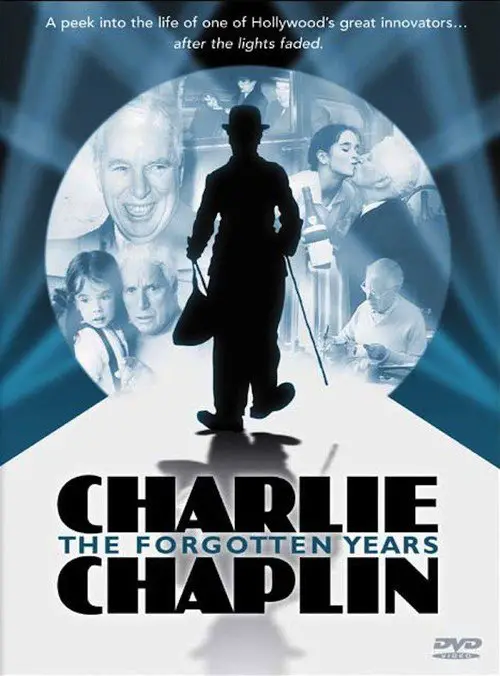
Similar movies
Explores the making of Charles Chaplin's first "talkie" Diktatorn (1940) and draws many things that between Chaplin and Hitler had in common. The film contains colour home movie footage of the film's production which where shot by Charles' brother Sydney. These never before seen films were discovered by his daughter Victoria while looking though an old suitcase she found in the basement. The raw footage gives us an alternate insight to Chaplin's classic film which started production years before Adolf Hitler was seen as a major threat in the western world.
Wish You Were Here, released in September 1975, was the follow up album to the globally successful The Dark Side Of The Moon and is cited by many fans, as well as band members Richard Wright and David Gilmour, as their favorite Pink Floyd album. On release it went straight to Number One in both the UK and the US and topped the charts in many other countries around the world. This program tells the story of the making of this landmark release through new interviews with Roger Waters, David Gilmour and Nick Mason and archive interviews with the late Richard Wright. Also featured are sleeve designer Storm Thorgerson, guest vocalist Roy Harper, front cover burning man Ronnie Rondell and others involved in the creation of the album. In addition, original recording engineer Brian Humphries revisits the master tapes at Abbey Road Studios to illustrate aspects of the songs construction.
In this fascinating Oscar-nominated documentary, American guitarist Ry Cooder brings together a group of legendary Cuban folk musicians (some in their 90s) to record a Grammy-winning CD in their native city of Havana. The result is a spectacular compilation of concert footage from the group's gigs in Amsterdam and New York City's famed Carnegie Hall, with director Wim Wenders capturing not only the music -- but also the musicians' life stories.
In the First World War, T.E Lawrence helped to unite feuding Arab tribes into a formidable guerrilla army which helped to topple the Ottoman Empire. But today Lawrence has an extraordinary new relevance. His experiences of defeating a foreign military occupation, and of leading an insurgency, have led to him being held up as the man who cracked fighting in the Middle East. Lawrence had aimed, he said, âto write his will across the skiesâ and build a new independent Arab nation, but in these two films Rory Stewart shows how Lawrence felt his dream ended in catastrophe and shame. Drawing a comparison between Lawrence's experience and today, Rory explains how Lawrence came to the conclusion that foreign military interventions in the Middle East are fundamentally unworkable. He concludes, 'Looking at Iraq and Afghanistan today, I believe very strongly that Lawrence's message would not have been do it better, do it more sensitively, but don't do it at all.'.
African Cats captures the real-life love, humor and determination of the majestic kings of the savanna. The story features Mara, an endearing lion cub who strives to grow up with her motherâs strength, spirit and wisdom; Sita, a fearless cheetah and single mother of five mischievous newborns; and Fang, a proud leader of the pride who must defend his family from a once banished lion.
"Trinity and Beyond" is an unsettling yet visually fascinating documentary presenting the history of nuclear weapons development and testing between 1945-1963. Narrated by William Shatner and featuring an original score performed by the Moscow Symphony Orchestra, this award-winning documentary reveals previously unreleased and classified government footage from several countries.
American: The Bill Hicks Story is a biographical documentary film on the life of comedian Bill Hicks. The film was produced by Matt Harlock and Paul Thomas, and features archival footage and interviews with family and friends, including Kevin Booth. The filmmakers used a cut-and-paste animation technique to add movement to a large collection of still pictures used to document events in Hicks' life. The film made its North American premiere at the 2010 South by Southwest Film Festival. The film was nominated for a 2010 Grierson British Documentary Award for the "Most Entertaining Documentary" category. It was also nominated for Best Graphics and Animation category in the 2011 Cinema Eye Awards. Awards won include The Dallas Film Festivals Texas Filmmaker Award, at Little Rock The Oxford American's Best Southern Film Award, and Best Documentary at the Downtown LA Film Festival. On Rotten Tomatoes, 81% of the first 47 reviews counted were rated positive.
IN THE SHADOW OF THE MOON combines archival material from the original NASA film footage, much of it never before seen, with interviews with the surviving astronauts, including Jim Lovell, Dave Scott, John Young, Gene Cernan, Mike Collins, Buzz Aldrin, Alan Bean, Edgar Mitchell, Charlie Duke and Harrison Schmitt. The astronauts emerge as eloquent, witty, emotional and very human.
A documentary film that explores the early Boston Hardcore music scene from the years 1981 through 1984. This film delves into the social and communal aspects of that particular era. The community, culture, straight edge and DIY (do it yourself) ethic of the time are all explored in the film. Never before seen archival footage, photographs, interviews and dramatizations make up the body of the film. Bands included are SS Decontrol, DYS, Gang Green, The FU's, Jerry's Kids, Negative FX, The Freeze, and more.
Birth Story: Ina May Gaskin and The Farm Midwives captures a spirited group of women who taught themselves how to deliver babies on a 1970s hippie commune. Today as nearly one third of all US babies are born via C-section, they fight to protect their knowledge and to promote respectful, safe maternity practices all over the globe. From the backs of their technicolor school buses, these pioneers rescued American midwifery from extinction, changed the way a generation approached pregnancy, and filmed nearly everything they did. With unprecedented access to the midwives' archival video collection, as well as modern day footage of life at the alternative intentional community where they live, this documentary shows childbirth the way most people have never seen it--unadorned, unabashed, and awe-inspiring.
St. Louis, 1986. For Chuck Berry's 60th, Keith Richards assembles a pickup band of Robert Cray, Joey Spampinato, Eric Clapton, himself, and long-time Berry pianist Johnnie Johnson. Joined on stage by Etta James, Linda Ronstadt, and Julian Lennon, Berry performs his classic rock songs. His abilities as a composer, lyricist, singer, musician, and entertainer are on display and, in behind-the-scenes interviews, are discussed by Bo Diddley, Little Richard, Jerry Lee Lewis, Bruce Springstein, the Everly Brothers, Roy Orbison, and others. There's even a rarity for Berry, a rehearsal. Archival footage from the early 1950s and a duet with John Lennon round out this portrait of a master.
In 1959, Berry Gordy Jr. gathered the best musicians from Detroit's thriving jazz and blues scene to begin cutting songs for his new record company. Over a fourteen year period they were the heartbeat on every hit from Motown's Detroit era. By the end of their phenomenal run, this unheralded group of musicians had played on more number ones hits than the Beach Boys, the Rolling Stones, Elvis and the Beatles combined - which makes them the greatest hit machine in the history of popular music. They called themselves the Funk Brothers. Forty-one years after they played their first note on a Motown record and three decades since they were all together, the Funk Brothers reunited back in Detroit to play their music and tell their unforgettable story, with the help of archival footage, still photos, narration, interviews, re-creation scenes, 20 Motown master tracks, and twelve new live performances of Motown classics with the Brothers backing up contemporary performers.
Directed by acclaimed filmmaker Martin Scorsese and his longtime documentary collaborator David Tedeschi, A 50 Year Argument rides the waves of literary, political, and cultural history as charted by the The New York Review of Books, Americaâs leading journal of ideas for over 50 years. Provocative, idiosyncratic and incendiary, the film weaves rarely seen archival material, contributor interviews, excerpts from writings by such icons as James Baldwin, Gore Vidal, and Joan Didion along with original verité footage filmed in the Reviewâs West Village offices. Confrontation and original argument are in the Review's DNA - the magazine seems as vital now as when it was run by its indefatigable founding editors, Robert Silvers and the late Barbara Epstein. Co-produced with the BBC's award-winning Arena and shaped by Scorcese's vivid filmmaking style, The Fifty Year Argument captures the power of ideas in influencing history.
Using archival footage, United States Cabinet conversation recordings, and an interview of the eighty-five-year-old Robert McNamara, 'The Fog of War' depicts his life, from working as a WWII Whiz Kid military officer, to being the Ford Motor Company's president, to managing the American Vietnam War, as defense secretary for presidents Kennedy and Johnson.
The human beat box is one of the key elements in the development of Hip Hop culture, alongside Dj-ing, Graffiti, Breakdancing, and MC-ing. Unfortunately, its contribution has been largely overlooked, as has the fun, expressive, human, and spontaneous dimension of Hip Hop that it represents. Over 30 practitioners of this art form discuss their techniques and the evolution of their craft, through interviews, live performances, archival footage, and animation.
This film is released as part of the ongoing 50th anniversary celebration of the Rolling Stones. It tells the story of the Stones' unparalleled journey from blues obsessed teens in the early 60s to their undisputed status as rock royalty. All of the Stones have been newly interviewed and their words form the narrative arc that links together archive footage of performances, news coverage, and interviews, much of it previously unseen. Taking its title from a lyric in "Jumpin' Jack Flash," this film gives the viewer an intimate insight into exactly what it's like to be part of the Rolling Stones as they overcome denunciation, drugs, dissensions, and death to become the definitive survivors. Over a year in the making and produced with the full cooperation and involvement of the Stones, this film is and will remain the definitive story of the world's greatest rock 'n' roll band
Through a focus on the life of Dalton Trumbo (1905-1976), this film examines the effects on individuals and families of a congressional pursuit of Hollywood Communists after World War II. Trumbo was one of several writers, directors, and actors who invoked the First Amendment in refusing to answer questions under oath. They were blacklisted and imprisoned. We follow Trumbo to prison, to exile in Mexico with his family, to poverty, to the public shunning of his children, to his writing under others' names, and to an eventual but incomplete vindication. Actors read his letters; his children and friends remember and comment. Archive photos, newsreels and interviews add texture. Written by
The Secret History of Hacking is a 2001 documentary film that focuses on phreaking, computer hacking and social engineering occurring from the 1970s through to the 1990s. Archive footage concerning the subject matter and (computer generated) graphical imagery specifically created for the film are voiced over with narrative audio commentary, intermixed with commentary from people who in one way or another have been closely involved in these matters.
The Age of Stupid is the new movie from Director Franny Armstrong (McLibel) and producer John Battsek (One Day In September). Pete Postlethwaite stars as a man living alone in the devastated future world of 2055, looking at old footage from 2008 and asking: why didnât we stop climate change when we had the chance?
In 1971, a group of friends sail into a nuclear test zone, and their protest captures the world's imagination. Using never before seen archive that brings their extraordinary world to life, How To Change The World is the story of the pioneers who founded Greenpeace and defined the modern green movement.
Journey Through the Past is a 1972 film by Neil Young. Originally shot in 16mm format and then transferred for theatrical release the experimental film is a self-directed combination of concert footage from 1966 onward, backstage footage and semi-fantastic art film-like sequences. Although Journey Through the Past was Young's film debut it was received poorly by critics. The film was released on DVD in 2009 with the Neil Young Archives.
Feature-length documentary film featuring real-life letters written by American soldiers, sailors, airmen, and Marines during the Vietnam War to their families and friends back home. Archive footage of the war and news coverage thereof augment the first-person "narrative" by men and women who were in the war, some of whom did not survive it. Written by Jim Beaver
Videograms of a Revolution is a 1992 documentary film compiled by Harun Farocki and Andrei UjicÄ from over 125 hours of amateur footage, news footage, and excerpts from the Bucharest TV studio overtaken by demonstrators as part of the December 1989 Romanian Revolution. In 2004 the Austrian Film Archive selected the documentary as part of its Die Utopie Film program for The Best 100 in Film History list.
This episode focuses on Zappa's early 70s albums, Overnight Sensation (1973) and Apostrophy (') (1974). Together they encapsulate Zappa's extraordinary musical diversity and were also the 2 most commercially successful albums that he released in his prolific career. Included are interviews, musical demonstrations, rare archive & home movie footage, plus live performances to tell the story behind the conception and recording of these groundbreaking albums. Extras include additional interviews and demonstrations not included in the broadcast version, 2 full performances from the Roxy in 1973 and Saturday Night Live in 1976, and new full live performance done specially for these Classic Albums.
One Nine Nine Four is a documentary film written and directed by Jai Al-Attas, "exploring the birth, growth and eventual tipping point of punk rock during the 90s" . The bulk of the film's content consists of band interviews and archive footage. The film is narrated by skateboarder Tony Hawk and features interviews and footage of various bands and figures in the punk scene including Billie Joe Armstrong of Green Day, Dexter Holland from The Offspring, Greg Graffin and Brett Gurewitz from Bad Religion, Tim Armstrong, Matt Freeman (previously of Operation Ivy) and Lars Fredriksen from Rancid, Fat Mike from NOFX as well as Mark Hoppus and Tom DeLonge from Blink-182 .
The story of the Great War told from a unique new aerial perspective. Featuring two remarkable historical finds, including a piece of archive footage filmed from an airship in summer 1919, capturing the trenches and battlefields in a way that has rarely been seen before. It also features aerial photographs taken by First World War pilots - developed for the first time in over ninety years - that show not only the devastation inflicted during the fighting, but also quirks and human stories visible only from above.
Burzynski, the Movie is the story of a medical doctor and Ph.D biochemist named Dr. Stanislaw Burzynski who won the largest, and possibly the most convoluted and intriguing legal battle against the Food & Drug Administration in American history. His victorious battles with the United States government were centered around Dr. Burzynski's gene-targeted cancer medicines he discovered in the 1970's called Antineoplastons, which have currently completed Phase II FDA-supervised clinical trials in 2009 and could begin the final phase of FDA testing in 2011âbarring the ability to raise the required $300 million to fund the final phase of FDA clinical trials.
Memory mechanisms are mysterious: we only see the stories we choose in order to construct our own reality. Every mark is a message in time, the invocation of an absence. To travel in the memory is to walk in time, zigzagging, a long road permeated by a dark, indecipherable logic⦠if we could choose seven moments to sum up our entire life, which ones would they be? The Dance of the Memory is a documentary-essay that guides us in that autobiographical search, where image and memory intertwine. It mixes archive material with an aesthetic and subjective tone.
August 16, 1977. All of America was stunned by the news of Elvis Presley's untimely passing. Some went so far as to believe that it couldn't be true. Somehow he had faked his death. For the executives at Sun Records that fantasy became an opportunity in the form of Orion, a mysterious masked performer with the voice of The King. First appearing in 1979, Orion recorded 11 albums and performed live to packed houses and rapturous fans around the nation. But who was the man behind the mask? In this stranger-than-fiction true story, Jeanie Finlay exposes the incredible life of an unknown singer plucked from obscurity and thrust into the spotlight with the complicity of a manipulative music industry and a public fan base unwilling to let The King go. Resonant in its themes of identity, fate, and the double-edged nature of fame, Orion is a stylish mystery story that finally gives a name and a face to a gifted artist who had been unjustly deprived of both.
Emmy-winning director William Gazecki (WACO: The Rules Of Engagement) delivers a searing indictment of the American legal system in this tragic story of teens, drugs and murder. Reckless Indifference explores how Californiaâs controversial felony murder rule unjustly changed the lives of four teenagers forever. After participating in a backyard brawl which resulted in the death of a LAPD officerâs son, the ensuing trial led to life without parole sentences for the accused, even though the evidence against them was not clear-cut. Ten years have passed and they are still behind bars, though an appeal is pending. With revealing interviews from legal expert Alan Dershowitz, family members on both sides, and an exclusive recent interview with Brandon Hein from his jail cell, Reckless Indifference gives viewers an inside look into a trial that earned national attention but failed to bring justice to those involved.
In the history of sports, few names are more recognizable than that of Evel Knievel. Long after the man hung up his famous white leather jumpsuit and rode his Harley into the sunset, his name is still synonymous with the death-defying lifestyle he led. Notoriously brash, bold, and daring, Knievel stared death in the face from the seat of his motorcycle, but few know the larger-than-life story of the boy from Butte, Montana.
A documentary about the legendary series of nationally televised debates in 1968 between two great public intellectuals, the liberal Gore Vidal and the conservative William F. Buckley Jr. Intended as commentary on the issues of their day, these vitriolic and explosive encounters came to define the modern era of public discourse in the media, marking the big bang moment of our contemporary media landscape when spectacle trumped content and argument replaced substance. Best of Enemies delves into the entangled biographies of these two great thinkers and luxuriates in the language and the theater of their debates, begging the question, 'What has television done to the way we discuss politics in our democracy today?'
HEAVY PETTING is a hilarious and salacious exploration of the sexual mores of the 50's as seen through the eyes of a generation that lived through the Sexual Revolution. Creative baby boomers-- including musician David Byrne, performance artist Spalding Gray, comedian Sandra Bernhard, radical activist Abbie Hoffman, and poet Allen Ginsberg-- candidly recall their sexual coming-f-age tales in intimate interviews. Joyously campy and refreshingly carefree, HEAVY PETTING blends humorous, unbelievable footage of unhelpful sex-ed films with classic snippets of THE WILD ONE and Elvis' hip gyrations, not to mention Bernhard talking about playing "doctor", always observant Ginsberg on a disastrous encounter with a girl, and Byrne on the childhood myths of masturbation. Eternal mysteries such as the female orgasm, the universal appeal of Marilyn Monroe, and the rituals of high school are laid bare by this lovable group of characters.
Fabulously offbeat and refreshingly upbeat, this lovable film gets friendly with the natives of the Salton Sea an inland ocean of massive fish kills, rotting resorts, and 120 degree nights located just minutes from urban Southern California. This award-winning film from directors Chris Metzler and Jeff Springer details the rise and fall of the Salton Sea, from its heyday as the "California Riviera" where boaters and Beach Boys mingled in paradise to its present state of decaying, forgotten ecological disaster. From wonderland to wasteland, PLAGUES & PLEASURES ON THE SALTON SEA captures a place far more interesting than the shopping malls and parking lots of suburban America, a wacky world where a beer-swilling Hungarian Revolutionary, a geriatric nudist, and a religious zealot building a monument to God all find solace and community.
In November 2009, filmmaker Cameron Crowe began filming a behind-the-scenes look at the creation of the album The Union, a collaboration between musicians Elton John and Leon Russell, who hadn't spoken to one another in 38 years prior to beginning work on the album. In addition, the documentary offers a rare glimpse into the process John goes through to create and compose his music. Featured in the film are musicians Neil Young, Brian Wilson, Booker T. Jones, steel guitarist Robert Randolph, Don Was and a 10-piece gospel choir who all contribute to the album, which is produced by award-winning producer T-Bone Burnett. Musician Stevie Nicks and John's long-time lyricist Bernie Taupin also appear.
In this two-part Channel 4 series, Professor Richard Dawkins challenges what he describes as 'a process of non-thinking called faith'. He describes his astonishment that, at the start of the 21st century, religious faith is gaining ground in the face of rational, scientific truth. Science, based on scepticism, investigation and evidence, must continuously test its own concepts and claims. Faith, by definition, defies evidence: it is untested and unshakeable, and is therefore in direct contradiction with science. In addition, though religions preach morality, peace and hope, in fact, says Dawkins, they bring intolerance, violence and destruction. The growth of extreme fundamentalism in so many religions across the world not only endangers humanity but, he argues, is in conflict with the trend over thousands of years of history for humanity to progress to become more enlightened and more tolerant.
Narrated by Gene Wilder brings the Chicago World's Fair to life. Experience the world of 1893 through a cinematic visit to Chicago's Columbian Exposition. Many of the world's greatest achievements in science, technology and culture are unveiled there. In addition, fairgoers enjoy the popular and commercially successful Midway Plaisance where the festive atmosphere of this one-mile entertainment center offers an array of guilty pleasures such as belly dancing, street fighting and beer. Nearly 28 million visit the Fair. Dubbed the "White City," it inspires future innovators like Henry Ford and Frank Lloyd Wright, debuts the Ferris Wheel and Cracker Jack, and, in many ways, marks the beginning of the 20th century. Filmed in High-Definition, "EXPO - Magic of the White City" immerses viewers in one of the world's biggest extravaganzas and one of the most unforgettable.
Documentary filmmaker Amy Berg investigates the life of 30-year pedophile Father Oliver O'Grady and exposes the corruption inside the Catholic Church that allowed him to abuse countless children. Victims' stories and a disturbing interview with O'Grady offer a view into the troubled mind of the spiritual leader who moved from parish to parish gaining trust ... all the while betraying so many.
Alan Turing is the genius British mathematician who was instrumental in breaking the German naval Enigma Code during World War II, arguably saving millions of lives. Turing's achievements went unrecognised during his lifetime. Instead he ended up being treated as a common criminal, for being homosexual at a time when homosexual acts were a crime. In 1952, he was convicted of 'gross indecency' with another man and was forced to undergo so-called 'organo-therapy' - chemical castration. Two years later, he killed himself with cyanide, aged just 41. Alan Turing was driven to a terrible despair and early death by the nation he'd done so much to save.
In 2001 Jack Cardiff (1914-2009) became the first director of photography in the history of the Academy Awards to win an Honorary Oscar. But the first time he clasped the famous statuette in his hand was a half-century earlier when his Technicolor camerawork was awarded for Powell and Pressburger's Black Narcissus. Beyond John Huston's The African Queen and King Vidor's War and Peace, the films of the British-Hungarian creative duo (The Red Shoes and A Matter of Life and Death too) guaranteed immortality for the renowned cameraman whose career spanned seventy years.
Unlike the films "World Trade Center" and "United 93", which are dramatizations of the events of September 11, this is an on-the-scene documentary following the events of September 11 from an insider's view, through the lens of two French filmmakers who were in Manhattan on that fateful day. Filmmakers James Hanlon and Jules and Gedeon Naudet were filming a documentary about a rookie New York City firefighter when they noticed a plane fly overhead and hit the World Trade Center. Being with those firefighters who where the first to respond to the tragedy, James Hanlon and the Naudets accompanied them and continued filming from the firemen's perspective. It later became known that their presence allowed them to capture the only known footage of the first plane strike, and from inside the Twin Towers.
Profile of Kenneth Anger, looking at the uproar his books on Hollywood scandals caused and journeying through the darker side of Hollywood's history, including film clips, and Anger playing a guide with comedian Mike McShane playing the God of Hollywood. It also includes a look at some of Anger's own work.
Live in Concert is the second live music video title by singer and actress Cher. Released by HBO in 1999, it contained footage from Cher's Do You Believe? Tour specials filmed at the MGM Grand Garden Arena in Paradise, Nevada in 1999. It featured tracks from Gypsys, Tramps & Thieves album to Believe album, alongside various covers. She has 7 costume changes by stylist Bob Mackie.
Nev, a 24-year-old New York-based photographer, has no idea what he's in for when Abby, an eight-year-old girl from rural Michigan, contacts him on Facebook, seeking permission to paint one of his photographs. When he receives her remarkable painting, Nev begins a friendship and correspondence with Abby's family. But things really get interesting when he develops a cyber-romance with Abby's attractive older sister, Megan, a musician and model. Prompted by some startling revelations about Megan, Nev and his buddies embark on a road trip in search of the truth.
AMERICAN MOVIE is the story of filmmaker Mark Borchardt, his mission, and his dream. Spanning over two years of intense struggle with his film, his family, financial decline, and spiritual crisis, AMERICAN MOVIE is a portrayal of ambition, obsession, excess, and one man's quest for the American Dream.
© Valossa 2015–2026
| Privacy Policy
